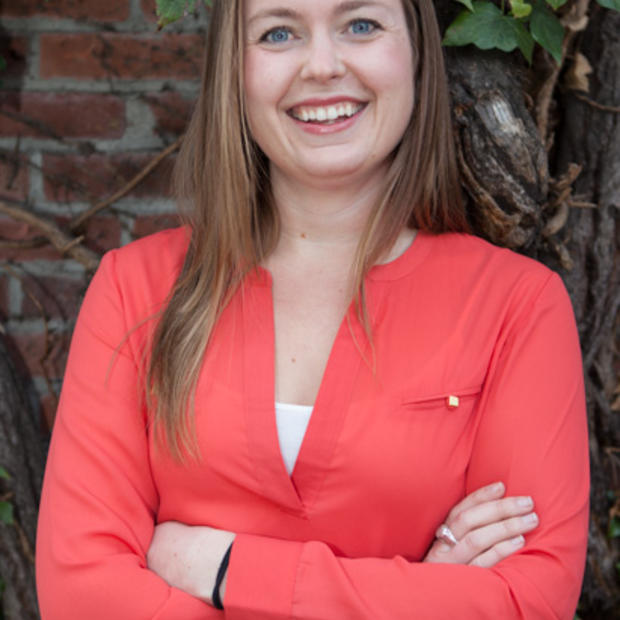I need to come clean about something. I am of the naïve camp that still believes in the power of journalism — the power to educate and incite local communities to action, to create change through the dissemination of opinions and solutions, and to serve as a forum for community debate and collaboration.
Further, contrary to popular opinion, I am certain that the Internet is not a murderer of journalism. It is a facilitator, a conduit of information designed to make our jobs easier, if we journalists could only figure out how to harness its unprecedented connectivity.
Which brings me to my second weakness — a desire to preserve the environment. I blame my parents, who let me spend my youth climbing madronas barefoot and carving kelp trumpets in the San Juan Islands. I soon developed an unsavory relish for things like pond insects skittering across marshy waters and the nettle quiche my mother made with eggs gathered from our sickeningly wholesome backyard coop.
My dad was the nail in the coffin, putting on yearly tech conferences designed to make a difference in the world. At a formative age he invited me to attend, exposing me to electric car billionaires as well as the ideas and research of world-class climate scientists.
Convinced I should pursue a career that mattered, I set off writing articles about culture, social justice, food systems, and environment for the Huffington Post and Yes! Magazine. The Tribune Company hired me as the editor of their Seattle blogging hub, but even as my bloggers covered Seattle events and fashion, I combed Seattle’s hard news sites each day, hungry for analysis that covered the nuts and bolts of local government, environmental policy, and urban planning.
Somehow my internet browser always wound up back at Crosscut, whose serious coverage of structural regional issues consistently improved my understanding of a subject. Crosscut seemed to understand that its writers were human and had human opinions, yet it held them accountable for sound, fact-checked reporting and research, and full disclosure of potential conflicts of interest.
Unlike other online news organizations, Crosscut shoots for bipartisanship and openness of opinion. Readers and writers usually don't agree with each other, but they all feel safe using Crosscut as a forum for their ideas and opinions. If others critique their work, it will be for logical fallacy, not political bent.
In late June I joined the Crosscut team as an associate editor. My aim is to broaden Crosscut’s perspective and audience to create a culturally, ethnically, and age-diverse community; transform our storytelling process to take advantage of rich multimedia content; and improve Crosscut’s leverage of the Internet to act as an effective community-powered "solutions engine."
What is a solutions engine? We hope that by acting as a forum for powerful minds to share and critique ideas, we can generate new solutions to complex problems and inspire our readers to bring those solutions to life.
Every day I work with the Crosscut team toward these goals. But, like any community project, we need your support to keep things moving forward. I hope you’ll join us as an Annual Member in working towards our goal of a better, brighter Crosscut; a Crosscut that embraces the Internet as a bridge to more complete, community-based journalism.
Publisher's note: Crosscut is in the closing week of its Fall Membership Drive, the major such drive of the year. Donations are tax-deductible and membership has many benefits, including parties and ticket discounts. Please donate today. More details about prizes and Crosscut's mission in this adjoining article.


